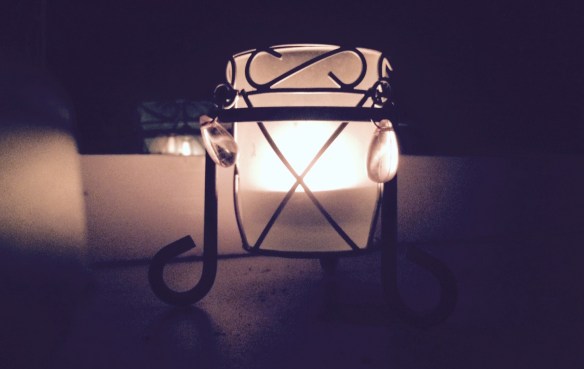by
JC Schildbach, LMHC
Chester Bennington completed suicide by hanging on Chris Cornell’s birthday, just over a month after Chris Cornell completed suicide by hanging on the 37th anniversary of Ian Curtis’ suicide by hanging.
For those unfamiliar, Bennington was best known as the lead singer of Linkin Park; Chris Cornell was best known as the lead singer of Soundgarden; and Ian Curtis was best known as lead singer of Joy Division.
Now, Linkin Park’s music makes me want to grind my teeth, spit, and curse—and not in a good way. And I never got into Joy Division beyond owning a ‘greatest hits’ collection for a few years as an undergrad. I am, however, a big fan of Soundgarden, as well as another of Cornell’s bands, Audioslave—not such a big fan that I ever made it to a concert. But, living in Seattle, I would see members of the band at other bands’ shows around town in the way back of the early 90s.

How would I know? Cornell from ‘Fell on Black Days.’
I have no idea if Cornell’s suicide was related to Curtis’ beyond coincidence. But Bennington’s was directly connected to Cornell’s. They were friends, and, from what I understand, Bennington took Cornell’s death particularly hard. Both Cornell and Bennington had struggled with addiction and mental health issues during their lives.
But the takeaway shouldn’t only be that a life marbled with addiction and mental health issues leads to suicide. That makes it too easy for people to distance themselves from suicide, its causes, and our potential susceptibility to its draw.
In the wake of a loved one’s death, thoughts of suicide can arise or increase, and suicide attempts climb.
In the wake of a loved one’s death from suicide, those thoughts and those attempts climb significantly higher.
There are those who have criticized Curtis’, Cornell’s, and Bennington’s suicides by pointing out that they had achieved success, or had spouses, friends, children…all of which should have somehow prevented them from completing suicide, much less having thoughts of such.
That’s a natural impulse—to want to point out why we never would have killed ourselves in similar circumstances. But it’s also false comfort.
Just try to imagine finding yourself in a space where money, success, and a loving family can be discounted as not providing enough impetus to go on living. Imagine finding yourself in a space where you actually feel the people who care about you most will be better off without you. Imagine being so deep into that thought process that you can’t find your way out—that killing yourself seems completely logical—that suicide actually seems like the only rational decision.
I could get into explanations of survivor guilt, or what grief can do to people, or the impact of knowing that a friend reached the conclusion that suicide was an appropriate response to the world around them–a world that you were part of.
But I’d rather you think on how declaring yourself immune to something, insisting you are completely separate from some problem, is the first step to blocking your understanding of that problem…or worse, blocking your compassion toward others affected by that problem. You can feel for the families and friends of those who complete suicide without feeling the need to condemn the dead. But that condemnation does nothing to help the grieving, or anybody else, least of all you.


